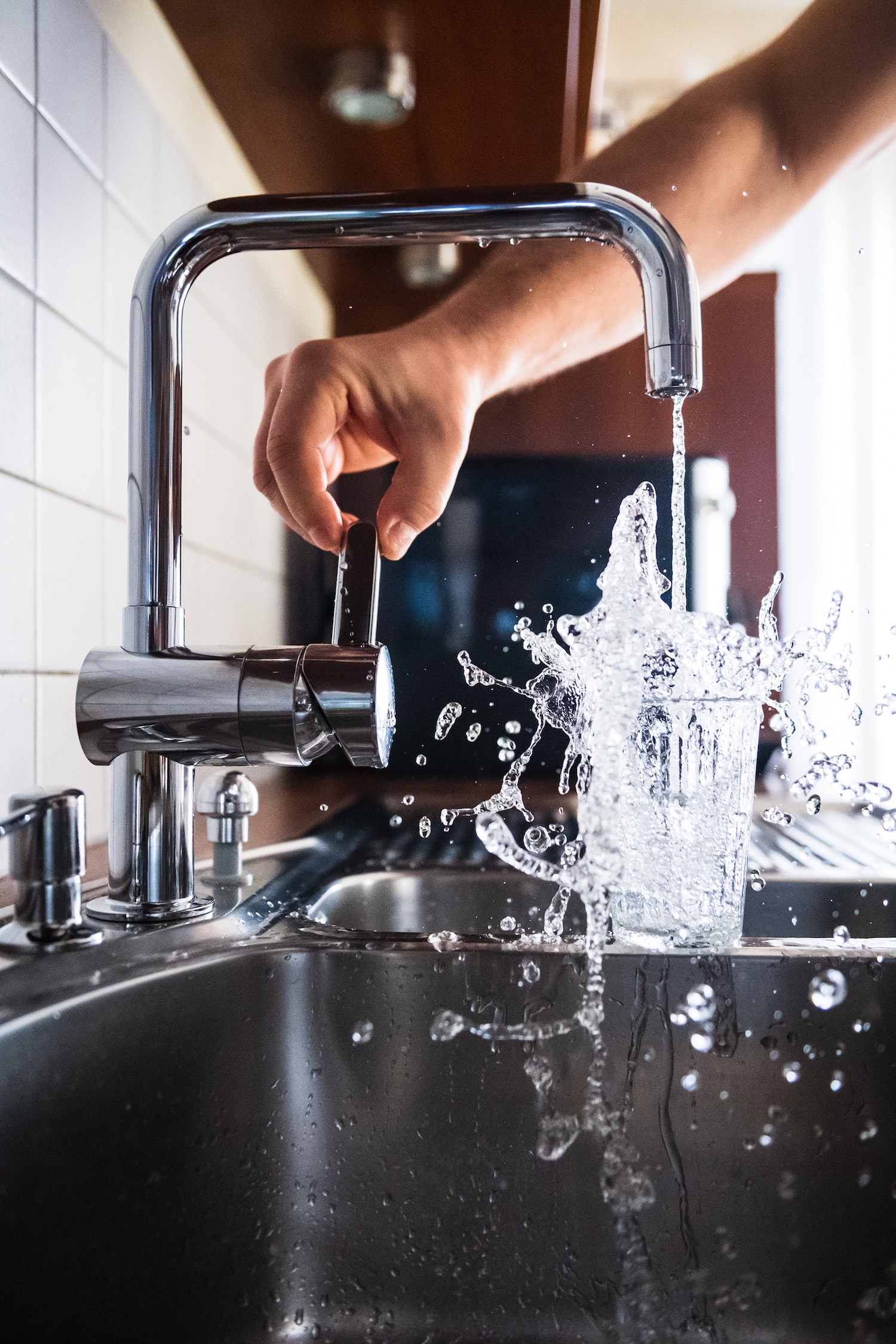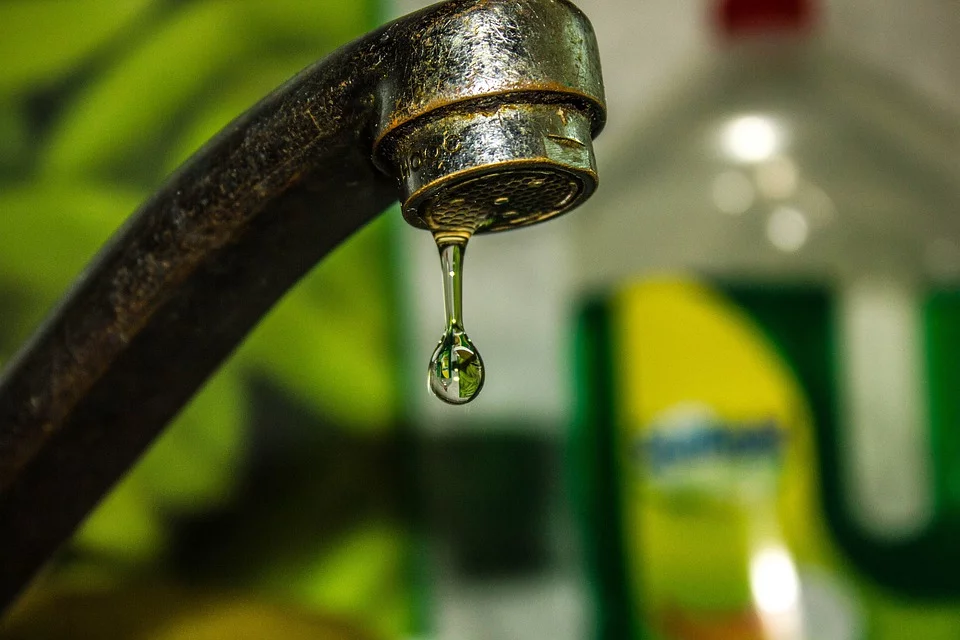Efficient Tips for Winterizing Your Plumbing and Safeguarding Against Freezing Temperatures
Efficient Tips for Winterizing Your Plumbing and Safeguarding Against Freezing Temperatures
Blog Article
The article which follows pertaining to Winterizing Your Pipes is fairly remarkable. Give it a try and draw your own assumptions.

All home owners that stay in warm environments should do their best to winterize their pipelines. It is something you have to do during autumn before deep winter really starts. Failing to do so can spell calamity like icy, broken, or ruptured pipelines. If the climate outside is terrible, right here are some helpful winterizing hacks to maintain your plumbing system protected also.
Activate the Faucets
When the temperature decreases as well as it seems as if the cold temperature level will certainly last, it will certainly aid to transform on your water both inside as well as outdoors. This will keep the water moving through your plumbing systems. You'll finish up wasting gallons of water this way.
Open Closet Doors Hiding Plumbing
When it's cool outside, it would certainly be helpful to open cupboard doors that are masking your pipes. Doing this tiny technique can maintain your pipelines cozy and also limit the possibly hazardous results of freezing temperature levels.
Require Time to Cover Exposed Water Lines
One easy and also clever hack to heat up icy pipes is to wrap them with cozy towels. You can additionally utilize pre-soaked towels in warm water, simply don't forget to put on safety handwear covers to guard your hands from the heat.
Attempt a Hair Dryer or Warm Weapon
When your pipes are almost freezing, your trusty hair dryer or warmth gun is a godsend. If the hot towels do not help dislodge any working out ice in your pipelines, bowling hot air straight right into them may aid. Nonetheless, do not utilize various other items that generate straight fires like a strike torch. This can result in a bigger disaster that you can not control. You may wind up harmful your pipes while attempting to melt the ice. And over time, you may also end up burning your house. So be cautious!
When Pipes are Frozen, close Off Water
If you see that your pipelines are totally frozen or almost nearing that phase, transform off the primary water shutoff quickly. You will generally locate this in your basement or laundry room near the heating system or the front wall surface closest to the street. Transform it off today to avoid more damages.
Do not neglect to shut exterior water resources, as well, such as your connection for the garden house. Doing this will certainly stop extra water from filling up your plumbing system. Unfortunately, with more water, more ice will certainly accumulate, which will eventually cause rupture pipes. If you are uncertain regarding the state of your pipelines this winter, it is best to call a professional plumber for an assessment. Taking this aggressive approach can conserve you thousands of bucks out of commission.
All house owners that live in warm climates must do their finest to winterize their pipes. Failure to do so can lead to disaster like icy, split, or burst pipes. If the hot towels do not aid displace any kind of settling ice in your pipes, bowling hot air straight into them might help. Turn off the primary water valve instantly if you discover that your pipelines are entirely frozen or practically nearing that phase. With even more water, more ice will certainly pile up, which will at some point lead to break pipes.
PREVENT YOUR PIPES FROM FREEZING THIS WINTER
A Leading Cause of Property Damage
When the weather is taking a deep nose dive into the cold dreary days, the risk of your pipes freezing and potentially bursting skyrockets. Unfortunately, during these cold dreary months, burst pipes are the most common denominator for property damage. The pipes that are most at the risk are those that are in areas where it is most cold in your home. For instance, pipes located in interior places such as basements, attics, and your garage. Unfortunately, that doesn’t mean that the pipes running through your cabinets or exterior walls can’t freeze. Good news, however, is that you can do things to help prevent pipes from freezing.
How to Prevent Pipes From Freezing
Once the temperature starts to drop during the winter, you should be taking the proper measures needed to ensure that your pipes stay warm and that there is circulation of water through them. Some steps that experts may recommend could go against your better judgement when it comes to saving water and heat. However, it would go without saying that when expenses are compared, damaged pipes could put a bigger dent in your wallet than a water bill.
What Can I Do?
Keep your garage door closed. This is very important, especially if you have water supply lines running through your garage. Open your kitchen and bathroom cabinets to allow warm air to circulate through them. Allow air circulation throughout your home. Keeping the interior doors open will once again allow the warm air to circulate inside your home. Ensure your thermostat is running the same temperature throughout the night and day. If you plan to be away from home during the cold months, set your temperature no lower than 55° F. This should provide enough heat to keep the pipes warm and prevent any remaining water inside the pipes from freezing. For more of a long-term solution, add insulation to attics, basement, and other crawl spaces around your home. By allowing your faucet to drip, it will alleviate pressure in the system. This is important because the pressure that is created between the blockage and the faucet can potentially cause the pipes to burst. Allowing the faucet to drip will prevent the pressure from building up, therefore keeping the pipes from bursting. Seal any cracks, openings, and crawl spaces around your home to prevent cold air from coming inside. This keeps your pipes-not to mention your home-warmer and less susceptible to issues caused by freezing temperatures. For the pipes in your home that are easily accessible, applying electrical tape to them might prevent them from freezing over. This is a quick fix, as you can apply the tape directly to the pipe. There are two options for heating tapes. One turns on and off by itself when it senses heat is needed. The other type of heating tape needs to be applied when heat is needed and removed when not necessary. If you have exposed pipes in your home, you can check this website to take a look at a few options that would be available at a shop near you.

We were made aware of that write-up about Prevent Freezing and Bursting Pipes from an associate on another web blog. Are you aware of somebody else who is interested in the topic? Please feel free to share it. I truly appreciate reading our article about How to stop pipes from freezing during the winter.
Learn More Report this page